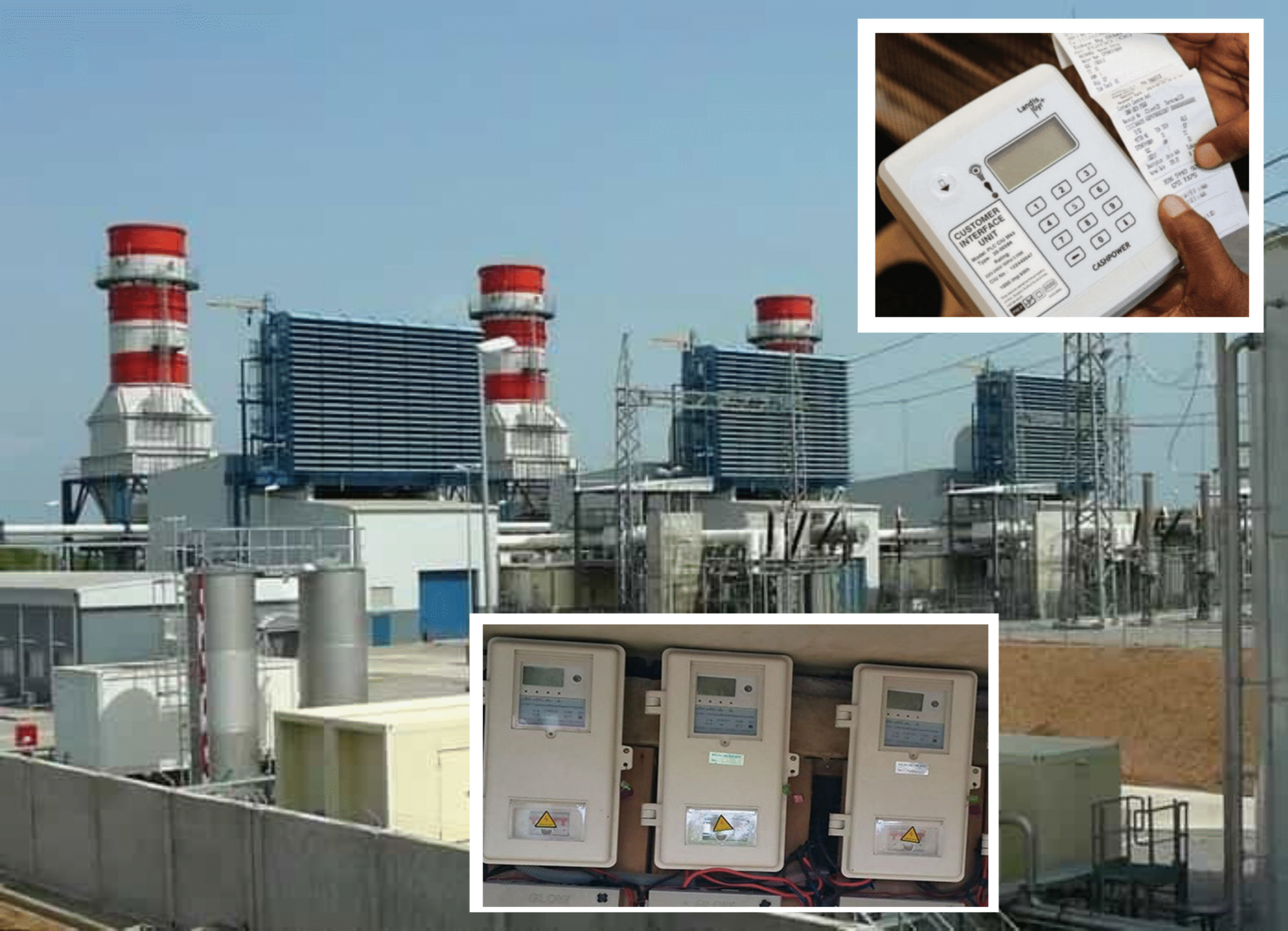Tariff Tensions Rise: Nigerian DisCos Clash with States Over Electricity Price Cuts
A heated battle over electricity tariffs is unfolding in Nigeria as power distribution companies (DisCos) reject negotiations with state governments pushing for lower rates. On Wednesday, July 23, 2025, the Forum of Commissioners of Power and Energy in Nigeria (FOCPEN) announced their readiness to engage DisCos to negotiate tariffs that are fair and not burdensome for residents.
The standoff follows the Enugu Electricity Regulatory Commission (EERC)’s decision to slash Band A tariffs from N209/kWh to N160/kWh, a move met with fierce resistance from DisCos and power generation companies (GenCos), who warn it could destabilize the power sector.
The EERC’s tariff reduction, effective August 1, 2025, for MainPower Electricity Distribution Limited (successor to Enugu Electricity Distribution Company) has ignited a broader debate. The commission defended its decision, stating, “Having gone through its rigorous process, EERC has no rationale or justification to keep Band A at N209” in Enugu.
The EERC emphasized that the new tariff is cost-reflective, accounting for federal subsidies on power generation, and ensures MainPower recovers all its efficient costs while making a reasonable return. Reuben Okoye, EERC’s Commissioner for Electricity Market Operations, clarified, “The Order is for MainPower’s operation in Enugu State.
It does not affect electricity services in other states, between states and across the country. The cost of delivering electricity from the national Grid to MainPower via EEDC has been accommodated in full.”
The EERC conducted a rigorous assessment of MainPower’s costs, examining capital and operational expenditures and regulatory assets, setting the Band A tariff at N4.00/kWh for feeders.
The commission invited GenCos to establish power plants in Enugu under a willing-buyer, willing-seller arrangement, promising to approve power purchase agreements (PPAs) with pass-through costs in tariffs. Okoye added, “We are willing to entertain any evidence that shows that our methodology, analysis, computation, and output are wrong,” challenging critics to provide data refuting their calculations.
The Electricity Act 2023 has empowered states to regulate their electricity markets, with seven states – Enugu, Ondo, Ekiti, Imo, Oyo, Edo, and Kogi – now controlling their markets, and Lagos, Ogun, Niger, and Plateau set to follow by September 2025. Prince Eka Williams, Chairman of FOCPEN and Cross River State Commissioner for Power and Renewable Energy, defended state-led regulation, stating, “Without any equivocation, each State Electricity Regulator is uniquely positioned to determine and implement appropriate electricity tariffs that are fair to customers and at the same time, catalyse investments within their electricity markets.”
Williams rejected claims that tariff cuts would harm the sector, noting that states aim to ensure adequate power supply rather than rely on unsustainable subsidies. He emphasized, “What’s important is that all stakeholders sit at the table to discuss these issues, taking into account the unique circumstances of each state.” FOCPEN’s Secretary, Omale Omale, clarified that Enugu’s tariff cut does not affect wholesale generation and transmission costs, which remain under the Nigerian Electricity Regulatory Commission (NERC)’s purview.
DisCos, represented by Sunday Oduntan, CEO of the Association of Nigerian Electricity Distributors, have outright rejected negotiations with states. Oduntan warned, “We are not negotiating with the states. What they are doing will destroy the market. If they continue like this, the power supply will drop again.” He argued that recent improvements in power supply could be reversed, stating, “These states just want to create a shortfall. If there’s no funds, there will be a crisis.” DisCos claim that tariff reductions undermine their revenue, threatening the sector’s financial stability.
In Lagos, Commissioner for Energy and Mineral Resources Biodun Ogunleye lamented resistance from DisCos, saying, “You know we are battling with our Discos; they are not in agreement with anything we are doing.” He noted that Lagos is finalizing its tariff plan, expected to be announced soon, despite opposition from DisCos.
State vs. Federal Dynamics
FOCPEN clarified that Enugu’s tariff cut does not dictate a uniform approach, as states like Ekiti and Ondo have maintained NERC’s Multi-Year Tariff Order (MYTO) rates.
As states like Ondo, Jos, and Lagos signal plans to review tariffs, the clash with DisCos underscores a pivotal moment for Nigeria’s power sector. Will state-led regulation bring relief to consumers, or will it destabilize the market as DisCos claim? Share your thoughts in the comments



